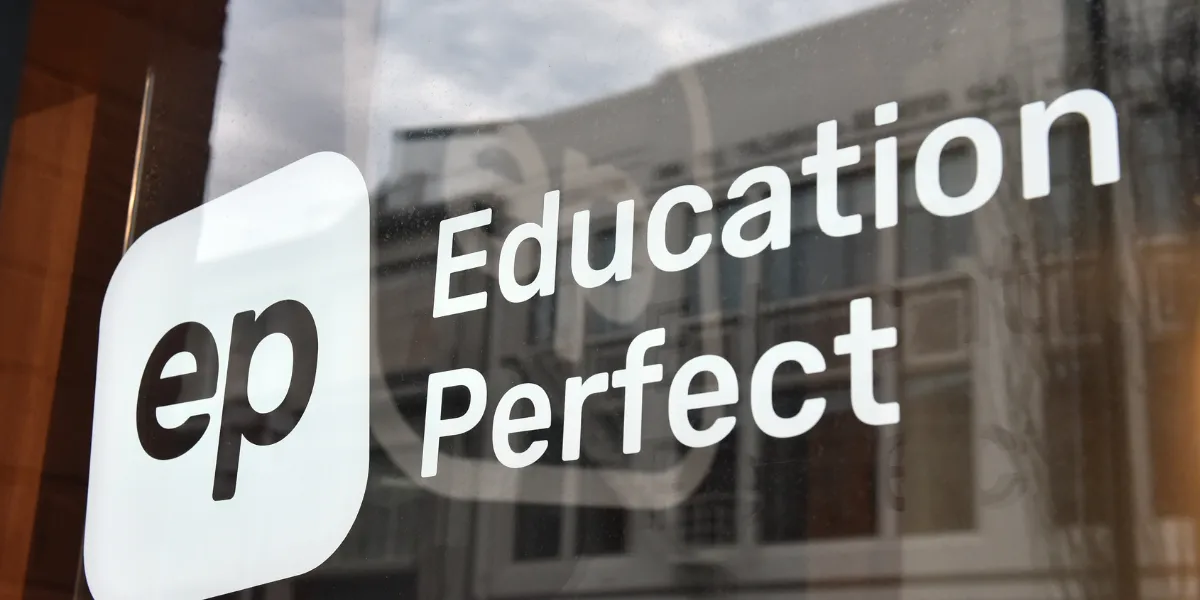Education Performance: Assessing Student Achievement and Improving Educational Outcomes
Education performance is a critical aspect of educational systems worldwide. It measures the extent to which students acquire knowledge, skills, and competencies. Assessing student achievement and improving educational outcomes have been at the forefront of educational policies and reforms globally. This blog post explores education performance, its importance, its challenges, and the strategies that can be employed to improve educational outcomes.
Importance of Education Performance
Education performance is essential as it determines the quality of education students receive. It provides a basis for assessing the effectiveness of educational programs and policies and helps identify areas that need improvement. Education perf ormance also serves as a benchmark for international comparisons, which enables countries to evaluate their education systems relative to others and to identify best practices.
Assessing Education Performance
Assessing Education Perfe involves measuring student achievement, which can be done using various methods. These include standardized tests, teacher assessments, and classroom observations. Standardized tests are designed to measure specific knowledge and skills and are administered uniformly to all students. Teacher assessments involve evaluating student performance based on classroom activities, such as tests, assignments, and projects. Classroom observations involve assessing student behaviour, engagement, and learning strategies in the classroom environment.

Challenges Facing Education Performance
Several challenges hinder education performance. One of the main challenges is the widening achievement gap between low-income students and their high-income peers. This gap is due to disparities in access to quality education, resources, and opportunities. Additionally, inadequate funding for education, inadequate teacher training, and a lack of effective educational policies and strategies contribute to the challenges facing education performance.
Strategies for Improving Education Performance
Several strategies can be employed to improve education performance. These include:
- Providing access to quality education for all students: This involves ensuring that all students have access to quality education regardless of socioeconomic status. It includes providing adequate resources, such as textbooks, technology, and educational materials, and improving the quality of teaching.
- Implementing effective educational policies and strategies: This involves developing and implementing policies and strategies that focus on improving educational outcomes. It includes early childhood education, teacher training, and curriculum development initiatives.
- Using data to inform decision-making: This involves using data to assess student achievement and to inform decision-making at all levels of the education system. It includes using data to identify areas that need improvement, evaluating the effectiveness of educational programs, and monitoring progress.
- Supporting parental involvement: This involves engaging parents in their children’s education and providing them with the necessary resources and support to be involved in their children’s learning.
Education performance is a critical aspect of education systems worldwide. It determines students’ education quality and serves as a benchmark for international comparisons. Assessing student achievement and improving educational outcomes are essential in ensuring all students have access to quality education.
Education performance challenges can be overcome by implementing effective educational policies and strategies, providing access to quality education, using data to inform decision-making, and supporting parental involvement. By doing so, we can ensure that all students have the opportunity to achieve their full potential.

















